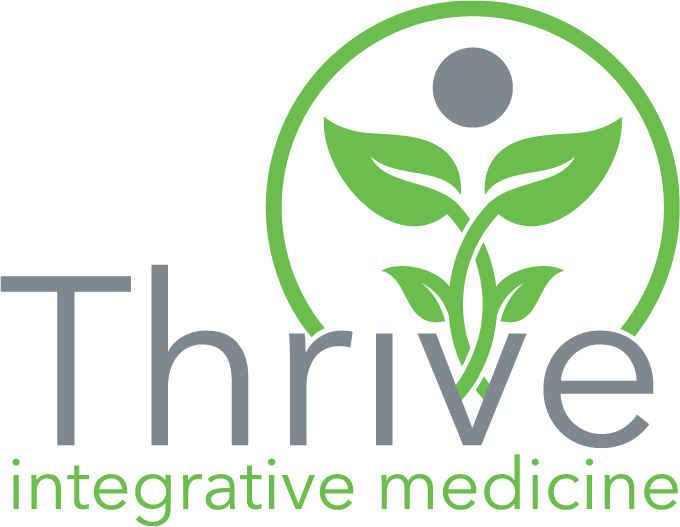Are you tired, fat and depressed? It could be your thyroid.
Every day, millions of people go to the doctor with the main complaint of fatigue, often accompanied by depression, weight gain and foggy headedness. Sometimes, too, with constipation, dry skin, and a host of other low symptoms. Some of these people will be diagnosed with hypothyroidism (low thyroid function) while others will be told that they are “fine, nothing appears to be wrong”. Some that are treated with medication will feel better while the vast majority of others will not. So what gives?
Labs
If you’ve already seen a “regular” doctor and they tested your thyroid, they probably drew a TSH (Thyroid Stimulating Hormone) and maybe a free T4 (see below). If you are reading this article, you are likely part of the undiagnosed and poorly treated hypothyroid clan out there. Maybe you went in, had your labs done because you felt like something was seriously wrong and your doc said, “Your thyroid looks good”. Perhaps you believed that this was the truth and that you’d done all you could, so you left the office feeling discouraged and hopeless like you were destined to be tired, fat, depressed and foggy headed forever.
Well it’s possible that you still have thyroid issues that just weren’t properly diagnosed because you didn’t have a full thyroid panel done. Most doctors don’t do a comprehensive thyroid panel when they tell you that they are going to “work up your thyroid”, not even the specialists. Having only TSH evaluated when you have hypothyroidism is like one of those dreams where you’re sitting in class and realize that you forgot to put pants on. From the teacher’s vantage point, you look just fine sitting at your desk with a shirt on doing your school-work, but if she takes a closer look she’ll see that you are actually half naked! And there are a lot of issues that you can see about being half naked in class; Like, how are you possibly going to get to and on the bus and all the way home without anyone noticing that you don’t have pants on? Like the teacher, your doctor may have missed the rest of the picture of what’s actually going on. To get an accurate picture of what’s happening with your thyroid, you’ll need a full thyroid blood panel. In addition to TSH which is produced by the brain and signals the release of thyroid hormones, you’ll want to see the following: The main thyroid hormone produced by the thyroid gland (T4); The active thyroid hormone (T3); The inactive version of that hormones (reverse T3); The presence or absence of thyroid antibodies which indicate an autoimmune reaction despite potentially normal thyroid studies (TPO, TG, TAA). In summary: TSH, fT3, fT4, rT3, TPO, TAA/TG is a full thyroid panel.
What about treatment?
There are a number of ways to treat low thyroid function, much of which I won’t cover here. Most common is through the use of synthetic thyroid hormone. In fact, Synthroid or Levothyroxine (which is T4 only) is one of the most commonly prescribed medications in the US today. So does this work? Sometimes, but not always! The trouble is that T4 is not really an active hormone. Your body has to convert T4 to T3, which is the active form. Sometimes it gets confused and converts T4 to reverse T3, which doesn’t do much of anything. It’s like getting in your car, the tank is full of gas, a fresh oil change, snacks are packed, music queued up, but someone has welded a metal block under the gas peddle. You have everything you need for your road trip but you can’t push on the gas pedal and aren’t going anywhere. If this sounds familiar you might need something to increase your T4 to T3 conversion, like selenium. Or you might need a different medication altogether that has a mix of both T4 and T3 in it; like Armour, WP Thyroid, Westhroid, or Naturethroid.
I hope this helps you understand just a bit more about thyroid function, testing options and some treatment options. There’s a lot more to this conversation but this should at least give you some food for thought.
- Dr. Laing
